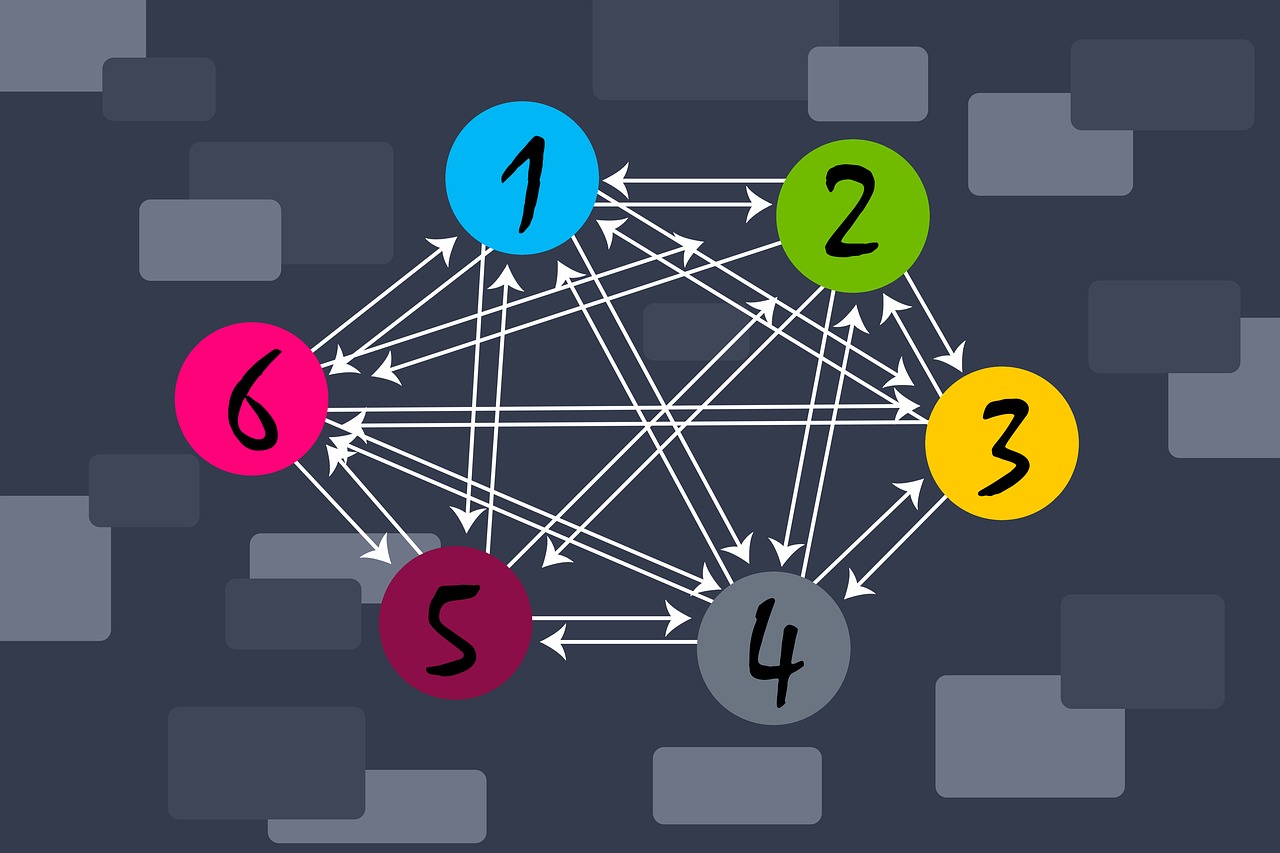
There’s a chance you may have heard of the terms “black hat” and “white hat” before in relation to search engine optimisation. These are used to describe the types of practices used when optimising your website for search engines such as Google, Bing and Yahoo!
What is black hat SEO?
Black hat search engine optimisation is considered as any on-page or off-page practice that intends to falsely manipulate (i.e. improve) a website’s search SERP position. There are a number of ways in which a website can do this, all of which are bad for your site, bad for the search engines and ultimately bad for the end user.
Types of black hat SEO
Automatically generated content
Anything that looks like it was written by a piece of software is considered as black hat SEO. This is because the content will not read in a human manner and is likely to be stuffed to the brim with your target keywords, therefore creating an unnatural, difficult to read piece of content.
Keyword stuffing
When creating original content for your website and/or blog, you should always use your focus keywords appropriately and in the correct context of the page/post.
Pro tip: You should always make sure the title tag, first paragraph and meta description all include your target keyword(s). However if your keyword density (the amount of times the keyword appears) is too high, this can be a red flag and can result in penalties from Google.
Hidden text and links
Hiding text or links can manipulate search rankings, and lead to a lengthy ban.
There are a number of different ways to hide text on a web page, and one of the most common is to insert text which is the same colour as the background (i.e. white text on a white page). This used to work many years ago – Google would index all of the content on a page and pick up the ‘hidden’ text too, but the user would not usually see it. Google’s algorithm is now much more intelligent and can pick up on these techniques, and as they are considered unethical, they can lead to serious penalties. This is a tactic you should always avoid and never practice.
Cloaking
Cloaking occurs when a user click on a link and the content displayed is different or irrelevant to the content displayed on the SERP.
As a website administrator, you should also be careful when using 301 redirects – ensure that the destinations are relevant to the redirect to avoid penalties.
Doorway pages
These are pages used for spamming a search engine by creating multiple pages for specific high-value phrases but results in simply sending users to the same page.
Link purchasing (and selling)
Any kind of scheme where links are bought and sold is considered to be black hat search engine optimisation, however money doesn’t necessarily have to change hands. It can be any kind of trade such as swapping link placements or the transfer of digital currencies such as Bitcoin. Beware of people asking to swap links, particularly if the two websites are actively working in different niches.
Scraping
If you copy and paste content from another website and publish it on your own website without permission, you will have duplicate content issues which Google acts on. Aside from SEO, you can also be subject to claims of copyright and IP theft from the original owner/publisher.
What should I do?
Our advice is to avoid the above techniques at all costs to prevent your website from being penalised by Google and potentially losing out on website visitors – organic search is an important stream of traffic and it is vital that you follow the rules and regulations of the search engine in order to perform positively.
if you have any SEO related questions, please contact our team on info@cosmic.org.uk or give us a call.

